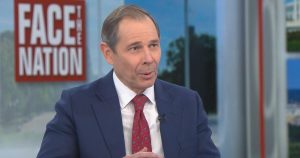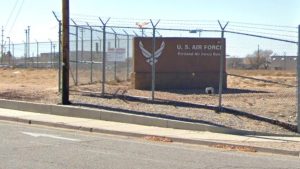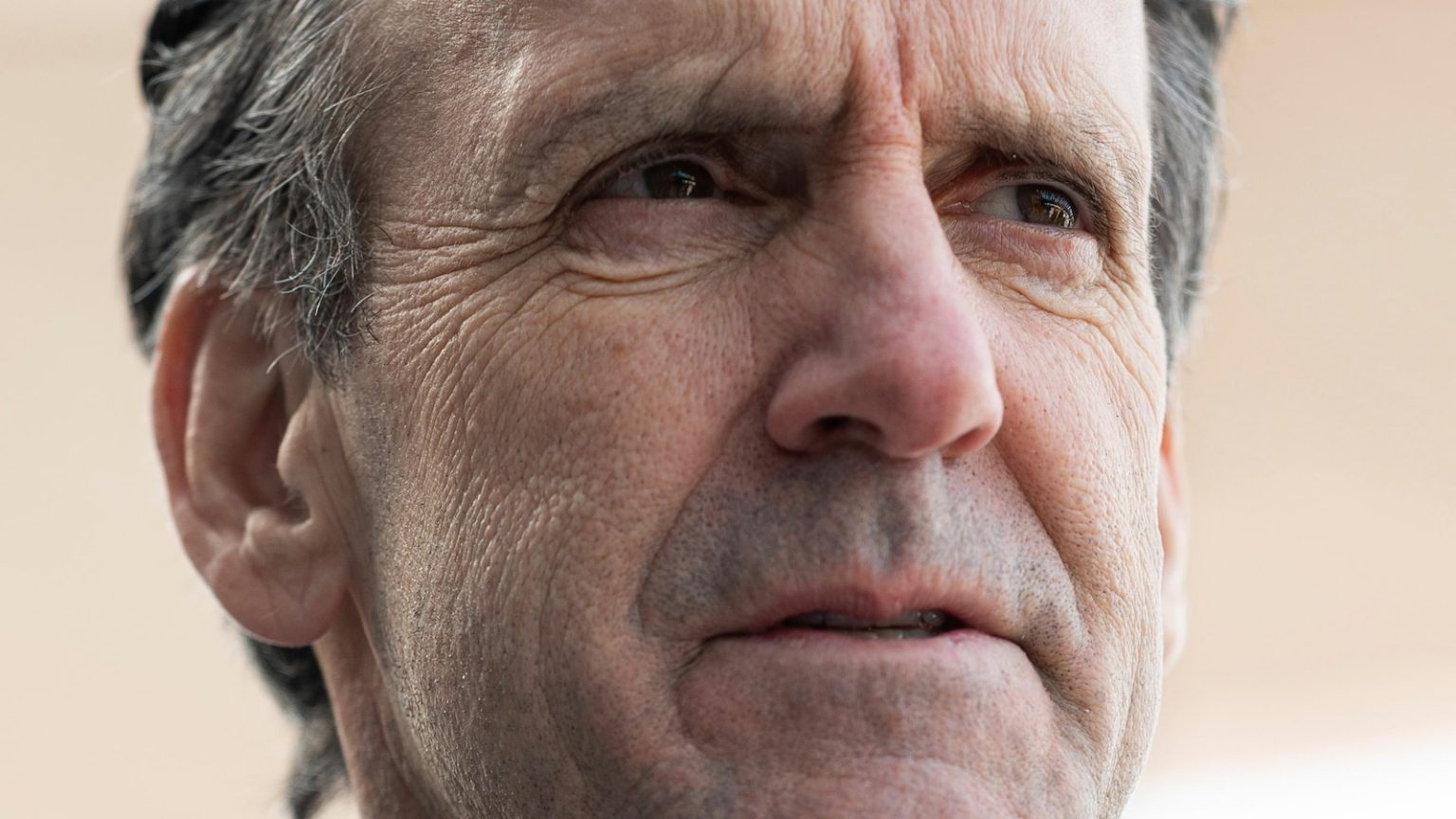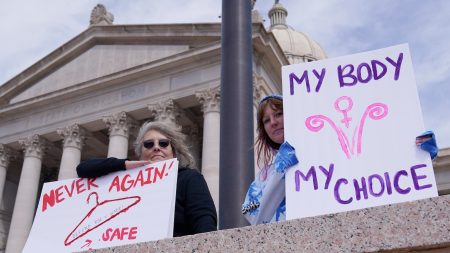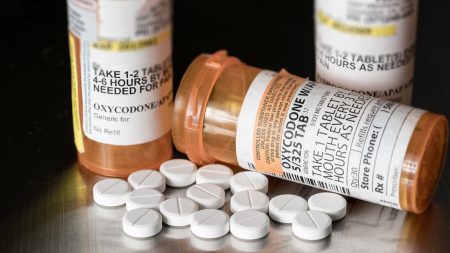Canada’s Commitment to Combating Fentanyl: A Comprehensive Approach
A Bold Mission: Eliminating Fentanyl at the Border
The Canadian government has taken a significant step in addressing the fentanyl crisis by appointing Kevin Brosseau, a former Royal Canadian Mounted Police (RCMP) member and national security adviser, as its new "fentanyl czar." Brosseau’s mandate is clear: to completely stop the flow of fentanyl across the U.S.-Canada border. "Getting the number to zero is a goal, and it should be our goal," Brosseau declared during a press conference in Lansdowne, Ontario. He emphasized that even small amounts of fentanyl can lead to devastating consequences, including loss of life. Brosseau’s appointment is a direct response to the growing concern over fentanyl-related deaths in both Canada and the United States. His mission is not only to tackle the crisis but also to strengthen cross-border collaboration between the two nations.
Brosseau, who has over 20 years of experience in law enforcement and national security, bring a wealth of expertise to this critical role. He has served as a deputy commissioner in the RCMP and as a senior adviser to Prime Minister Justin Trudeau. His deep understanding of law enforcement operations and his ability to foster partnerships make him a strong candidate to lead this effort. Brosseau has already begun touring border facilities and meeting with stakeholders to assess the situation and develop a strategy. His approach is focused on integrating law enforcement efforts across different levels of government to create a unified response to the fentanyl crisis.
A Response to Rising Tensions and Tariff Threats
The appointment of Brosseau comes amid heightened tensions between Canada and the United States over fentanyl trafficking. Recently, U.S. President Donald Trump linked the flow of fentanyl and illegal immigration from Canada to a threat of imposing a 25% tariff on all Canadian goods, with a 10% exception for energy products. Although Trump has paused the implementation of these tariffs until at least March 4, the move underscored the urgency of the situation.
Brosseau described Canada’s decision to appoint a fentanyl czar as a “clear demonstration of how serious Canada is taking the fentanyl crisis” and how vital the relationship with the U.S. is. He emphasized that the fentanyl crisis is not just a Canadian or American problem but a shared challenge that requires a bilateral solution. By taking proactive steps, Canada is signaling its commitment to addressing the issue and maintaining a strong partnership with its southern neighbor.
Integrating Law Enforcement Efforts
Brosseau’s primary focus will be on fostering collaboration between different levels of law enforcement, including federal, provincial, and local agencies. He hopes to "bring people together" and "integrate the work" to produce tangible results. This approach is critical, as the fentanyl crisis is a complex issue that requires a coordinated response. Brosseau also plans to meet with U.S. officials, including Tom Homan, Trump’s border czar, to strengthen cross-border cooperation.
During his time in the RCMP, Brosseau gained extensive experience in combating organized crime and improving law enforcement strategies. He believes that collaboration is key to success, stating, "We’re stronger together." By leveraging his expertise and building on existing relationships, Brosseau aims to create a more effective and efficient system for stopping fentanyl trafficking.
Investing in Border Security
In addition to appointing Brosseau, the Canadian government has announced a significant investment of CDN$1.3 billion (approximately US$91 million) to enhance border security. This funding will be used to procure new helicopters, advanced technology, and additional personnel to strengthen border operations. The investment reflects Canada’s commitment to addressing the fentanyl crisis and ensuring the safety of both nations.
Public Safety Minister David McGuinty highlighted the importance of this investment, stating that it demonstrates Canada’s seriousness about the issue. He also acknowledged the challenges of working with the Trump administration but expressed optimism about finding a way forward. McGuinty emphasized the need for "cool heads and a disciplined approach" to navigate the complexities of the bilateral relationship.
Strengthening U.S.-Canada Relations
The fentanyl crisis has brought the U.S. and Canada closer together in their efforts to combat drug trafficking. However, it has also highlighted the challenges of maintaining a strong bilateral relationship in the face of political differences. McGuinty addressed President Trump’s recent comments about Canada potentially becoming the 51st U.S. state, stating unequivocally that Canada is an "independent and sovereign country" and that its sovereignty is not up for discussion.
Despite these challenges, both countries recognize the importance of collaboration. Brosseau’s appointment and Canada’s investment in border security are seen as positive steps toward addressing the fentanyl crisis and strengthening U.S.-Canada relations. By working together, the two nations can create a safer and more secure future for their citizens.
A Shared Responsibility, A Common Goal
The fentanyl crisis is a stark reminder of the interconnected nature of global challenges. It requires a collective effort from governments, law enforcement agencies, and communities to combat. Canada’s decision to appoint a fentanyl

